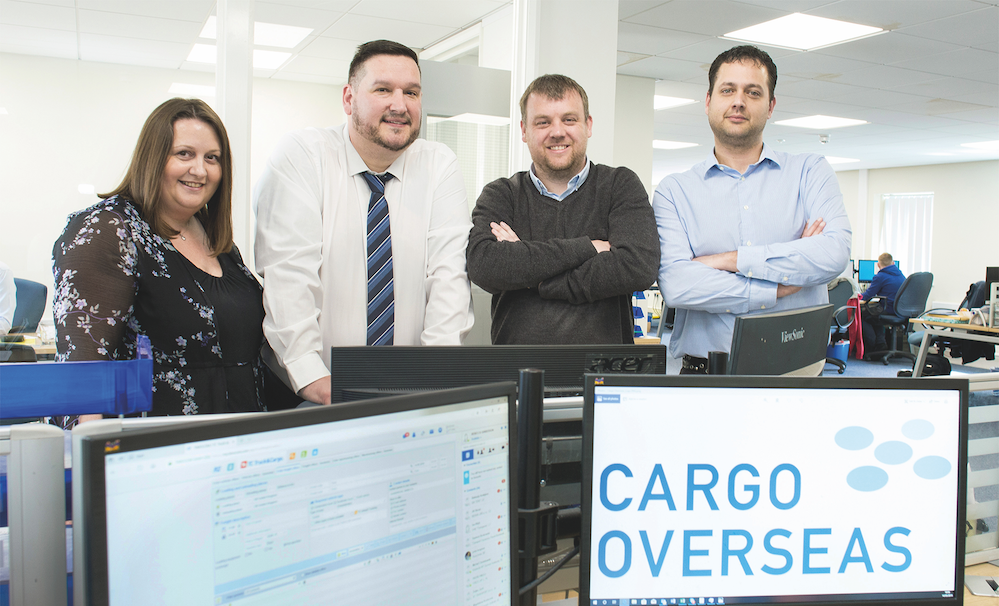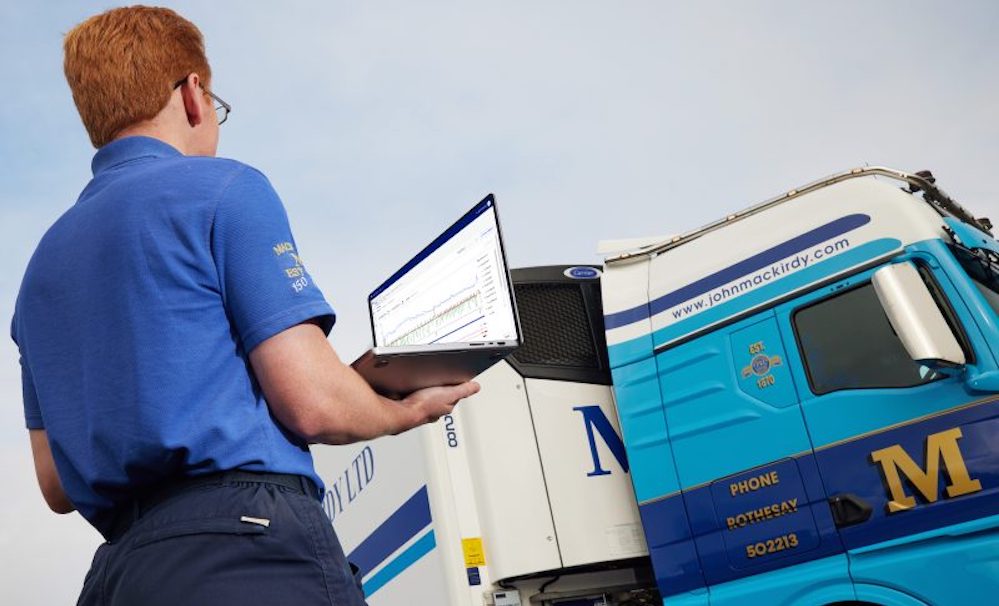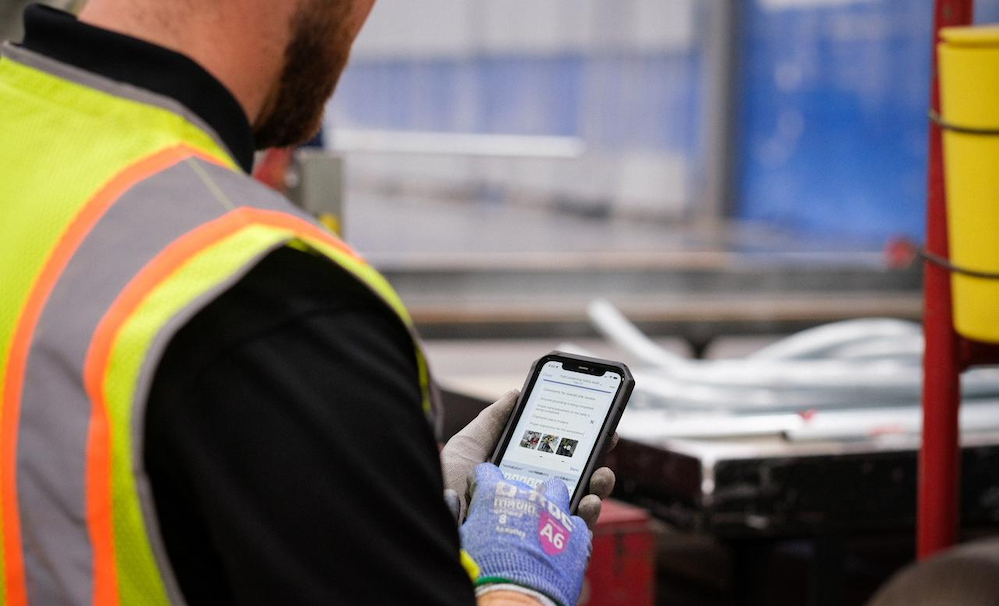How a transport business can prepare for potential trade restrictions
The current European Road Freight Manager, Anthony Valentine, has worked in the transport industry for almost 30 years. Four years ago, together with old work colleagues, he helped create and develop the European road freight department at Cargo Overseas, which already dealt in global air and sea freight. Thanks to his strong team, the self-appointed Cap’n is setting a new course and making waves in the stormy seas of Brexit.
Employees as strategic factor in times of crisis
Anthony is certain: “The team is the most important thing.” The transport professional does not think of himself as ‘the boss’; he is a leader who requires a stable and qualified team to succeed. “Ant” really believes in one for all and all for one. “Without my musketeers, we would be unable to offer our customers the quality services they deserve. As the manager, I have to make sure that my team is happy which equates to them being motivated and importantly they are empowered with shipments, delivering a quality service to all our clients on behalf of the company.” Despite the uncertainties associated with Brexit, the road transport department at Cargo Overseas has grown significantly year on year. This although the company owns no trucks of its own, instead it works with a European network of partners. “There is no point sticking our heads in the sand. That is not how we want to work. Instead, we are investing in new employees and expanding our networks,” the forward-thinking manager explains.
Qualified customs experts vs. complicated customs regulations
Custom controls on the border, as well as the differing norms and trade restrictions that Brexit may usher in will have an impact and consequences for a transport and logistics industry already under siege. But instead of being intimidated by the complex regulations, Cargo Overseas is ready to face the challenge. For example, as of March the company has expanded their customs’ department, which helps customers and partners with questions regarding transport processes between the EU and the UK. The qualified expert employees provide information and security using their knowledge and competency throughout the workday. The European driver shortage has also not posed a challenge to Cargo Overseas’ expansion: “Of course, over the last five years we did see a definite drop in the number of professional drivers throughout Europe. But that is why we utilise a logistic network system like TIMOCOM: we use the system to quickly and reliably source European partners, or upload our freight offers digitally so that they can find us.” Anthony Valentine has been using TIMOCOM since 2006 and brought the Smart Logistics System with him to Cargo Overseas, along with his network of colleagues and partners. Capacity utilisation is important, but there is another factor that Anthony ‘Ant’ Valentine really appreciates when it comes to using TIMOCOM: “Lots of transport companies are demanding higher prices due to the driver shortage and increased demand. TIMOCOM provides us with better options within the European market.”
And what does ‘Ant’ have planned for the future? “If and when Brexit arrives, every single one of our customers is provided with direct customer representation and we will continue to provide all our clients with a dedicated team of European road freight professionals providing management, positioning and strategy for all European logistics. Cargo Overseas are in developments of an improved internal system for better optimisation of consolidated, part load, full load and express cargo. Finally, with a forward thinking partner we have started doing business in Turkey and look to develop this service over the next 6 months.”
Clear precise goals that are guaranteed to deliver our vision and to keep the Cap’n, his team and Cargo Overseas successful for 20 years to come.








